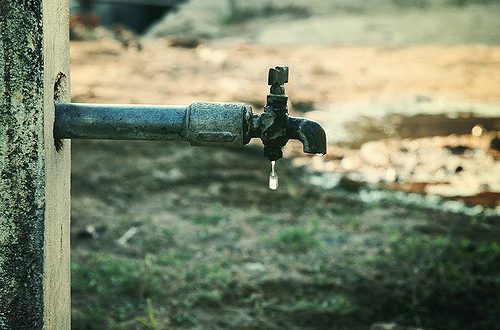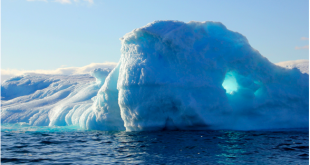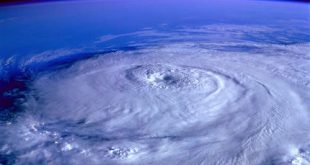By Sejal Krishnan
Water. A basic necessity of our daily lives. We need fresh water for drinking, showering, cooking, and more. What would happen if our seemingly infinite supply was actually nearing an end? Nearing a global extinction? The World Wildlife foundation estimates that by 2025 two-thirds of our supply will be over and many people will be facing water shortages.
Not only is the current freshwater supply we have slowly depleting, but also much of the water as of right now is not sanitary. Many people develop water-borne diseases like typhoid or cholera as a result of improper water. As a result of unsanitary water, death rates in third world countries have increased by a lot.
In fact, the difference in access to potable water has created an even larger gap between the upper and lower classes of society. It even has the potential to lead to tense political climates. The Middle East, for example, has been an area that has long dealt with “Water Wars” as the states fight for control over the Tigris and Euphrates river. Dams have been constructed over various locations to demonstrate control over the much necessary source.
Because of Water’s increasingly exclusive and unattainable nature, it is now being termed “The New Oil.” Scientists are now determining that we must find a more successful way to preserve the remaining freshwater we have. The freshwater supply that currently exists in the world is about 3% of the total water supply. And of that only one-third is even potable, as the rest is contaminated by pathogens. Some ideas scientists have propagated to conserve this dwindling supply of water are to take shorter showers, reuse pasta cooking liquid, and turn off the tap when brushing your teeth. By taking simple measures such as these, we as a community have the potential to have our water supply last longer, thereby letting us live longer.
Sources: https://www.worldwildlife.org/threats/water-scarcity
https://e360.yale.edu/features/mideast_water_wars_in_iraq_a_battle_for_control_of_water
 Tempus Magazine By Students, For Students
Tempus Magazine By Students, For Students 



